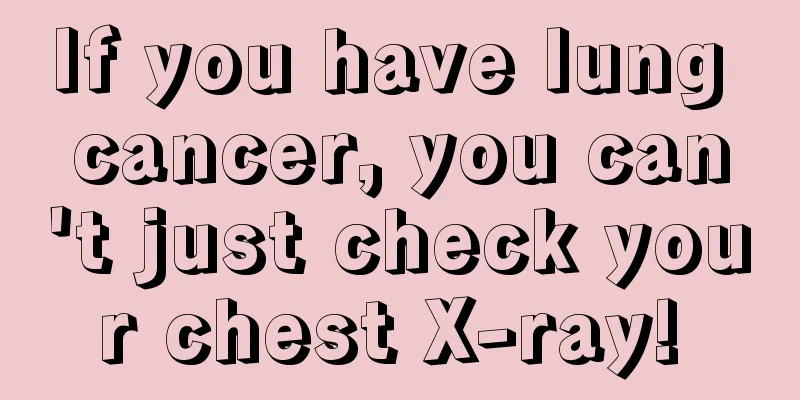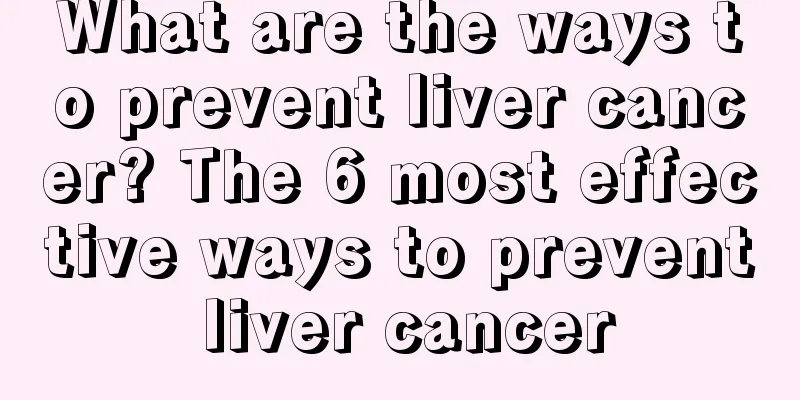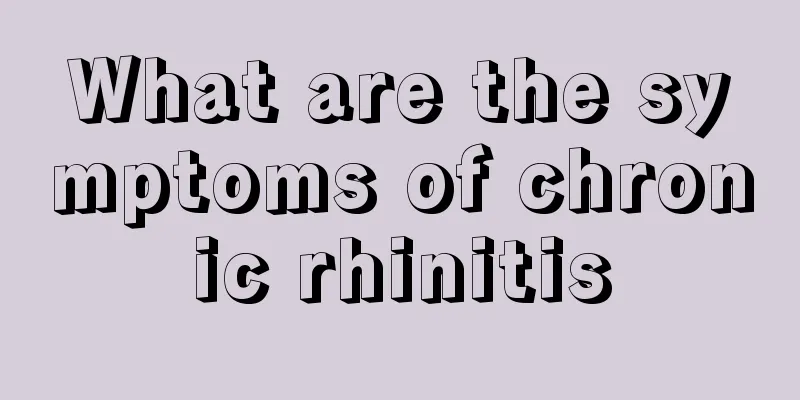Why do I feel chest tightness and shortness of breath when sleeping

|
Many times when we sleep, we feel chest tightness, shortness of breath, and difficulty breathing, which affects our daily routine. If this continues for a long time, it will have a great impact on our lives. But many people don’t know why they feel chest tightness and shortness of breath when they sleep, and always feel helpless and helpless. In fact, there are many reasons that lead to chest tightness and shortness of breath. There are many factors that induce the disease, depending on your physical condition. Chest tightness is a subjective feeling, that is, difficulty breathing or lack of air. Those with mild symptoms will feel nothing serious, but those with severe symptoms will feel uncomfortable, as if a stone is pressing on their chest, and even have difficulty breathing. It may be a functional manifestation of the body's organs, or it may be one of the earliest symptoms of disease in the human body. The causes of chest tightness in people of different ages are different, the treatments are different, and the consequences are also different. 1. Functional chest tightness (i.e. chest tightness without organic disease): Staying in a room with closed doors and windows and poor air circulation for a long time, or encountering some unpleasant things, or even having quarrels or disputes with others, or being in a climate with low air pressure, often causes feelings of chest tightness and fatigue. After a short rest, opening windows for ventilation or going outside to breathe fresh air, relaxing your mind and regulating your emotions, you will soon return to normal. This type of chest tightness can be said to be functional chest tightness, and there is no need to worry or seek treatment. 2. Pathological chest tightness (i.e. chest tightness caused by organic lesions): Chest tightness can not only be physiological, but can also be caused by diseases in certain organs in the body, i.e. pathological chest tightness. like: 1. Respiratory obstruction: tumors in the trachea and bronchus, tracheal stenosis, and external pressure on the trachea (thyroid enlargement, tumors in the mediastinum); 2. Lung diseases: emphysema, bronchitis, asthma, atelectasis, pulmonary infarction, pneumothorax; 3. Heart disease: certain congenital heart diseases, rheumatic heart valve disease, coronary heart disease, heart tumors; 4. Diaphragmatic diseases: diaphragmatic swelling and diaphragmatic paralysis; 5. Disturbance of fluid metabolism and acid-base balance, etc. From the above introduction, we know that chest tightness must be taken seriously to avoid delaying necessary treatment. You should go to the hospital for chest X-ray, electrocardiogram, echocardiogram, blood biochemistry and pulmonary function tests so that the clinician can further confirm the diagnosis. |
<<: This type of dizziness indicates that you have high blood pressure
>>: What shampoo to choose for oily scalp and dry hair
Recommend
Is hair dryer treatment of frozen shoulder effective?
In fact, frozen shoulder can be treated with a ha...
Risks of ovarian tumor surgery
During ovarian cancer surgery, it is not 100% pos...
What ointment is good for impetigo
Pustule sores are caused by local infection. The ...
What causes throat cancer
In recent years, the incidence of cancer has grad...
What is the effect of standing for half an hour after a meal?
Obesity is a problem faced by most people nowaday...
What causes astringent oral mucosa?
Any living thing must absorb nutrients if it want...
Does acne on the forehead affect fortune?
There is a theory in China about face reading, wh...
What causes left ethmoid sinus osteoma?
The formation of left ethmoid osteoma is usually ...
How to treat hemangioma? Treatment methods for hemangioma
Hemangiomas in children are relatively common and...
Revealing the prevention methods of uterine cancer
Uterine cancer is a common and serious gynecologi...
Reasons for diarrhea caused by air conditioning
With the continuous improvement of living standar...
How is tongue cancer staged? How is tongue cancer treated at each stage?
Tongue cancer is divided into stage I, stage II, ...
Where is the duodenum located?
The duodenum is the most critical part of the hum...
Will HPV52 positive definitely lead to cervical cancer?
Will HPV52 positive definitely lead to cervical c...
What are the tricks to deal with black spots on towels
The black spots on towels are mainly caused by mi...









